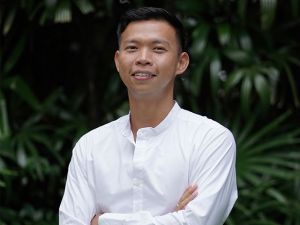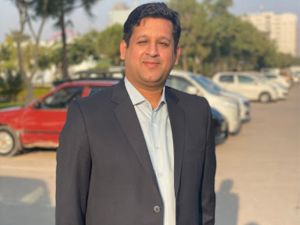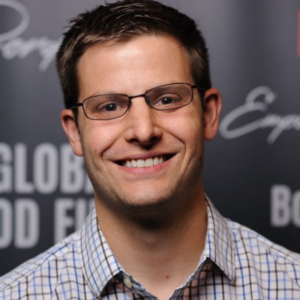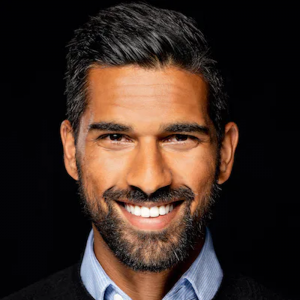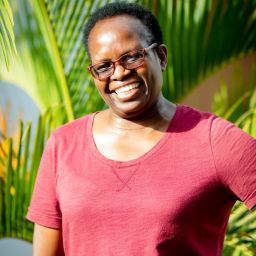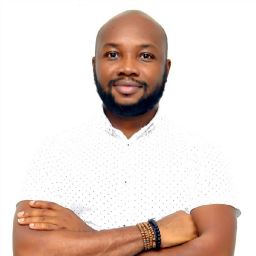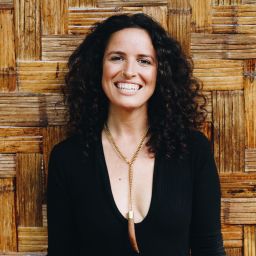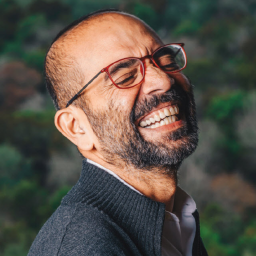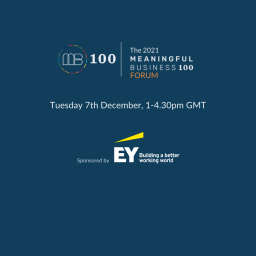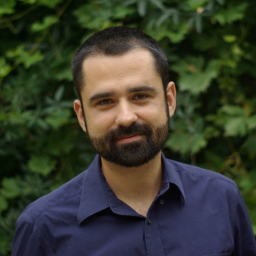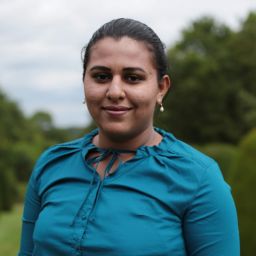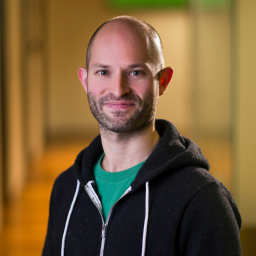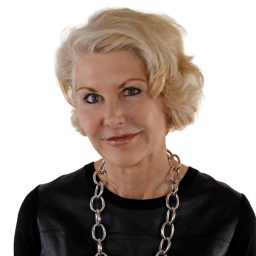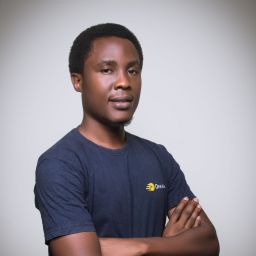Meaningful Business (MB): Can you tell us a bit about the issues you are trying to solve and why you selected them?
Stanley Anigbogu (SA): The choice to confront environmental degradation caused by electronic waste (e-waste) and the pervasive issue of energy poverty stems from their profound influence on sustainable living practices and the pursuit of global sustainability objectives.
E-waste, an ever-growing problem, contributes significantly to environmental pollution due to the hazardous materials it contains. At the same time, energy poverty hampers social and economic development by limiting access to clean and reliable energy sources. My personal experiences with energy poverty, having spent my childhood relying on candles and kerosene lamps for light, left a lasting impression on me. The adverse effects on my health and the barriers to my education due to inadequate lighting and air quality underscore the urgency of addressing these issues. These experiences have deeply informed our mission to tackle these challenges head-on, highlighting the critical need for sustainable and accessible energy solutions.
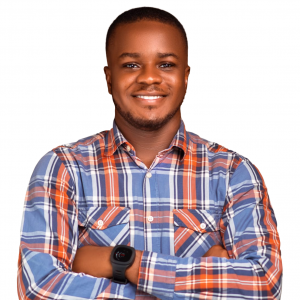
Stanley Anigbogu, Founder & CEO, LightEd
(MB): How is your work tackling those problems and what impact are you having?
SA: Our initiative aims to mitigate these pressing issues by repurposing e-waste into renewable energy solutions. This innovative approach not only diverts harmful waste from landfills, reducing environmental damage but also offers a sustainable alternative to conventional energy sources.
Providing communities with renewable lighting options directly addresses the root causes of energy poverty. Furthermore, our educational programmes on recycling and sustainability play a crucial role in fostering environmental stewardship among community members. The dual focus on recycling e-waste and promoting renewable energy has the potential to transform lives by making sustainable living accessible, thereby significantly lowering the ecological footprint of the communities we work with.
(MB): What support do you need in order to scale your business and increase your positive impact?
SA: Strategic expansion is essential to amplify our impact and reach a broader audience. This
entails forging partnerships, securing financial backing, and embracing technological innovations. By diversifying our product offerings and enhancing our operational capabilities, we can extend our reach to underserved communities worldwide.
Achieving this scale requires collaboration with like-minded entities, including investors who are committed to sustainable development and leveraging advancements in technology to improve the efficiency and accessibility of our solutions. This strategy accelerates our growth and ensures that our solutions are adapted to the diverse needs of the communities we aim to serve.
(MB): How do you work with partners and the wider ecosystem to achieve your mission?
SA: Our collaborative efforts with non-governmental organisations (NGOs), educational institutions, and environmental agencies are pivotal to our success. These partnerships enable us to leverage a wide range of resources and expertise, enhancing the efficacy and reach of our programmes. Through these collaborations, we can engage in comprehensive educational campaigns and research to inform our practices and implement large-scale recycling initiatives.
The synergy between our organisation and our partners ensures a holistic approach to tackling environmental degradation and energy poverty, amplifying our collective impact on the communities we serve.
(MB): What is your ambition for the future of your business?
SA: Our vision extends beyond the immediate horizon; we aspire to be at the forefront of sustainable energy solutions, making renewable energy accessible to communities worldwide. This ambition reflects our commitment to addressing the pressing challenges of environmental degradation and energy poverty on a global scale.
By continuously innovating and expanding our reach, we aim to catalyse a shift towards more sustainable and equitable energy systems, ensuring that the benefits of renewable energy are shared by all, regardless of their geographical or socio-economic status.
(MB): How do you measure success?
SA: The metrics we employ to gauge our success are multifaceted, reflecting the complexity and scope of our mission. By tracking the volume of e-waste we recycle, the number of renewable energy products we distribute, and the feedback we receive from communities, we can assess our impact and refine our strategies.
Positive community feedback serves as a testament to the effectiveness of our solutions and the extent to which we’ve improved the lives of those we aim to serve. This comprehensive approach to measurement allows us to stay aligned with our goals, ensuring that we remain focused on making a tangible difference in the fight against environmental degradation and energy poverty.
————-
Quickfire questions:
(MB): Tell us a mistake you’ve learned from
SA: Initially, we didn’t fully grasp the importance of community feedback, which was a pivotal learning curve. Recognising its value has been crucial for refining and adapting our solutions to meet community needs better.
(MB): How do you spend your time away from work?
SA: My time away from work is often spent in nature, which constantly reminds me of the critical importance of our mission. It reinvigorates my commitment to fostering a sustainable future.
(MB): What’s the best piece of advice you’ve ever received?
SA: The best advice I’ve received is to “Start small, think big, act fast.” This mantra has guided our approach, encouraging us to initiate change with manageable steps while aiming for significant impact and swift action.
(MB): What is something you wish you were better at?
SA: I aspire to enhance our operational efficiency. Streamlining processes is essential for maximising our impact and ensuring we can respond quickly and effectively to the communities we serve.
(MB): What is the one book everyone should read?
SA: “The Blue Economy” by Gunter Pauli is a must-read. Its focus on sustainable innovation through leveraging what we have in ingenious ways has been a significant source of inspiration for our work.
________


